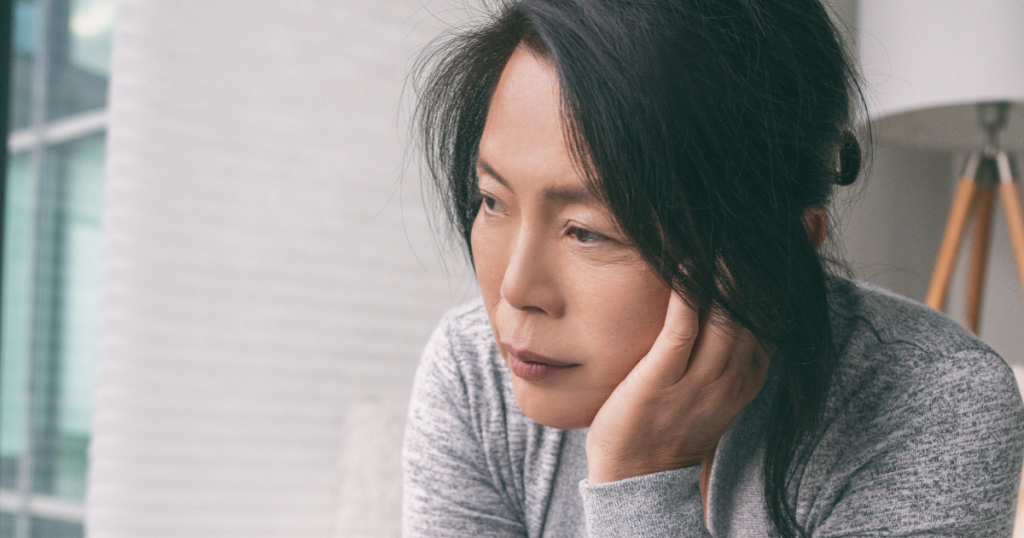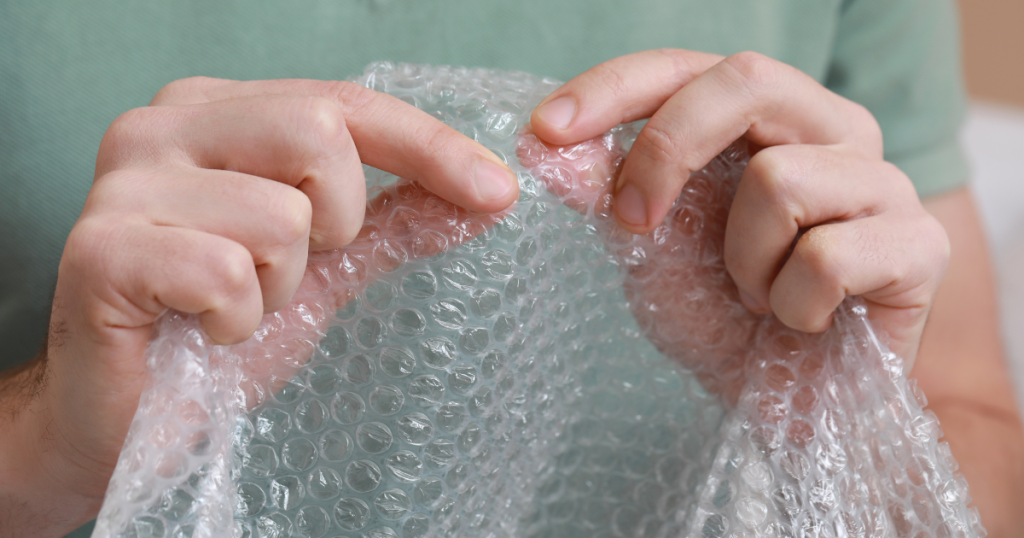They call it The Fight of the Century. Muhammad Ali and Joe Frazier entered the ring as the first match-up of two undefeated prior world Heavyweight champions. Two of the greatest, toughest, most determined boxers of all time duked it out for a 15-round unanimous Frazier victory. Each fought a foe. But neither was fighting depression and anxiety.
At least not in the ring.
Sweaty, bruised, swollen, cut, achy, and well paid. They walked out of the ring alive, one energized by the “thrill of victory,” the other by the “agony of defeat.”
These greatest-of-the-greats would go at it again. Two more times. With a dual vindication by Ali.
These men lived for the fight.
But very few fights grab the world’s attention. Very few come with promotion, interviews, statistics, booked flights to Vegas, and meetings with bookies.
Most fights are battled in silence, or with a small audience at most. They are endured in hospitals, at work, and behind closed doors at home.
And some are endured in the shackles of an inner foe that is insidious, relentless, and disguised to the outside world.
Yes, fighting depression and anxiety is that oppressive. That lonely. That defeating.
And those who find themselves in the ring, willingly or not, do not come out unscathed. (And they certainly don’t come away with wealth and fame for their effort.)
What is depression?
It may be common, but this mood disorder is also a serious medical condition.
Depression causes generalized feelings of sadness and lack of interest in activities once enjoyed. Living with it is like navigating life under a dark cloud that no one, including you, actually sees, but that you feel.
While we all experience grief and situational/circumstantial sadness at various times in life, depression is different. It’s pervasive, consistent, and debilitating. And it doesn’t necessarily have a tipping-point event that triggers it.
It also can’t be diagnosed unless the symptoms have been present for at least two weeks and represent a change in normal mood and activity.

Some of the symptoms of depression include:
- feelings of sadness or hopelessness
- decreased interest in activities once enjoyed
- disturbances in sleep patterns (sleeping too little or too much)
- changes in appetite and weight
- anxiety and/or irritability
- physical symptoms like decreased energy, exhaustion, and unexplained achiness
- frequent thoughts of death or suicide
Depression can be caused or influenced by a number of factors:
- brain biochemistry
- genetics, especially between first-degree relatives (parents, children, siblings)
- personality (low self-esteem, general pessimism, ease of overwhelm from stress)
- trauma, repeated exposure to violence, abuse, neglect, and poverty
What is anxiety?
Unlike depression, which is defined primarily by pervasive sadness and hopelessness, anxiety is defined primarily by intense, excessive, persistent worry and fear about everyday situations.
Some of the symptoms of anxiety include:
- feeling nervous, restless, or tense
- having a sense of impending danger, panic, or doom
- increased heart rate
- hyperventilation
- trouble concentrating
- uncontrolled worry
- physical symptoms like GI upset
- difficulty sleeping
While there are many specific types of anxiety disorders, most people are familiar with generalized anxiety disorder (GAD) and/or social anxiety.

Why do we speak of fighting depression and anxiety at the same time?
On the surface, depression and anxiety may sound like mutually exclusive conditions. One a slowed-down immersion into sadness and hopelessness, the other an amped-up agitation and worry about daily life. A suicidal thoughts-vs.-panic attack sort of comparison.
But depression and anxiety have many commonalities, both in symptoms and in treatment.
The physical effects of anxiety and depression, for example, overlap in several areas: changes in sleep and eating patterns, difficulty concentrating, physical pain, etc.
Depression and anxiety also overlap in one critical, life-defining way: their diminishment of the sufferer’s engagement with the world and overall quality of life.
One more important similarity between depression and anxiety: They are both treatable, often concurrently.
If you’re fighting depression and anxiety, you don’t have to fight alone. You don’t have to crawl into the ring unprotected and avail yourself to an opponent.
The difficulty for many people who suffer from depression and/or anxiety and want help? They are so easily overwhelmed by the effort to get it.
This consequence of mood disorders potentially leads to avoided or inconsistently implemented treatment. It also affects the ability to accurately assess and predict mood and mental health disorders in the general population.

If you’re fighting depression and anxiety, try these helpful tips:
1. Acknowledge that your life is being negatively affected by your depression and/or anxiety, and that you want to change that.
This may sound obvious, even trivial, but it’s really a huge step.
It’s far easier to succumb to an insidiously diminished life than to take a stand for what you know your life can and should be. Kudos to you for taking this first step!
2. Seek a safe outlet for talking – to a therapist, support group, close friend.
3. Practice relaxation and mindfulness techniques.
As silly as “relaxation” may sound if you’re anxious, every conscious, slowed breath matters.
Techniques like meditation, deep breathing, and yoga are helpful at stopping negative, untrue thinking in its tracks.
They draw you back to the present and the stillness, quietness, and clarity of a mind at peace.
One breath, slow and deep. Then, when you are ready, a second breath.
It’s a practice, not a race.
4. Keep positive messages within easy reach.
These battling-anxiety-and-depression quotes can get you started.
5. Have an open discussion with your doctor about your symptoms and the possibility of using anti-anxiety and depression meds to help.
Incorporating medication into a treatment plan is not about turning you into someone you are not. It’s about “lifting” the dark cloud of depression, and quieting the nerves of anxiety so you can live as the person you are.
But medication isn’t a cure-all. It is best considered thoughtfully and with close monitoring by your prescriber.
6. Exercise.
Yes, it’s probably the last thing you have the motivation to do…until you’re doing it.
The benefits of exercise when you’re fighting depression and anxiety are profound. They’re free and easy to access, and they trickle down into every area of life. Truly one of the best actions you can take to get the upper hand on a mood disorder.
Can’t muster the energy to pack a gym bag or drive to a yoga class? Walk your dog. Or walk a shelter dog. Walk with a neighbor who has a dog. Just. Walk.
7. Spend time in nature.
The benefits of spending time in nature go beyond a good dose of vitamin D. They actually extend to mental health through what researchers call nature connectedness.
Unlike any medication, nature can generate positive emotions like calmness, peace, and creativity.
It can also facilitate concentration. And is associated with lower levels of depression and anxiety.
Just…wow!
Fighting depression and anxiety can be lonely, isolating, and feel defeating. Especially if you allow yourself to believe you are fighting alone.
It’s the belief that you’re alone that is the most hopeless – and unfortunate – belief in life.
The truth is you’re not alone.
Help is always available, even if all you can muster is an outstretched hand that says you’re ready.

You may be surprised to see all the hands reaching out to lift you up.


